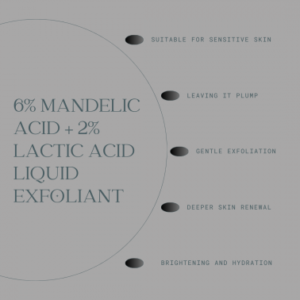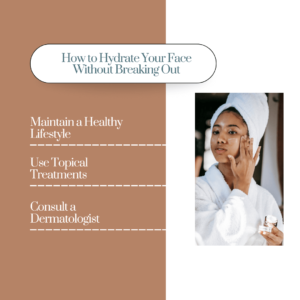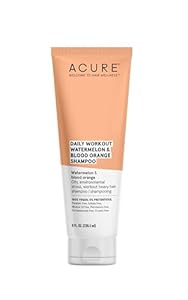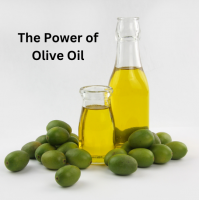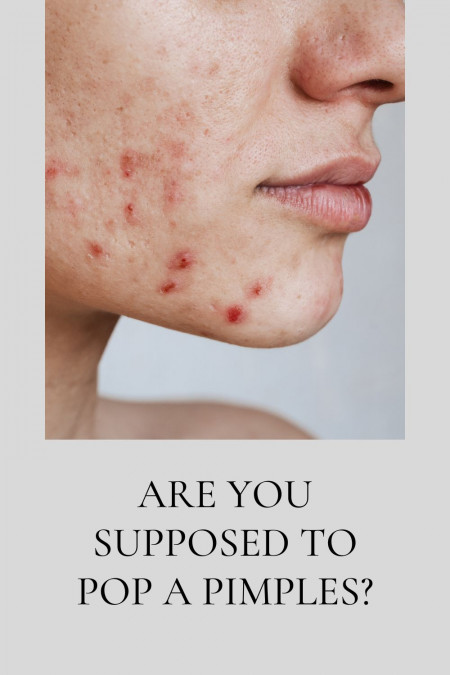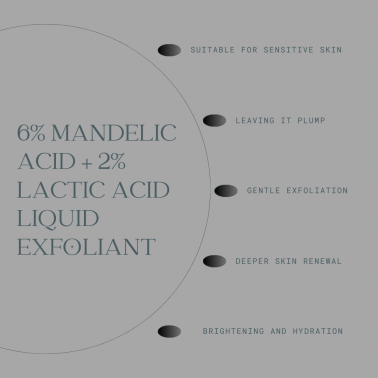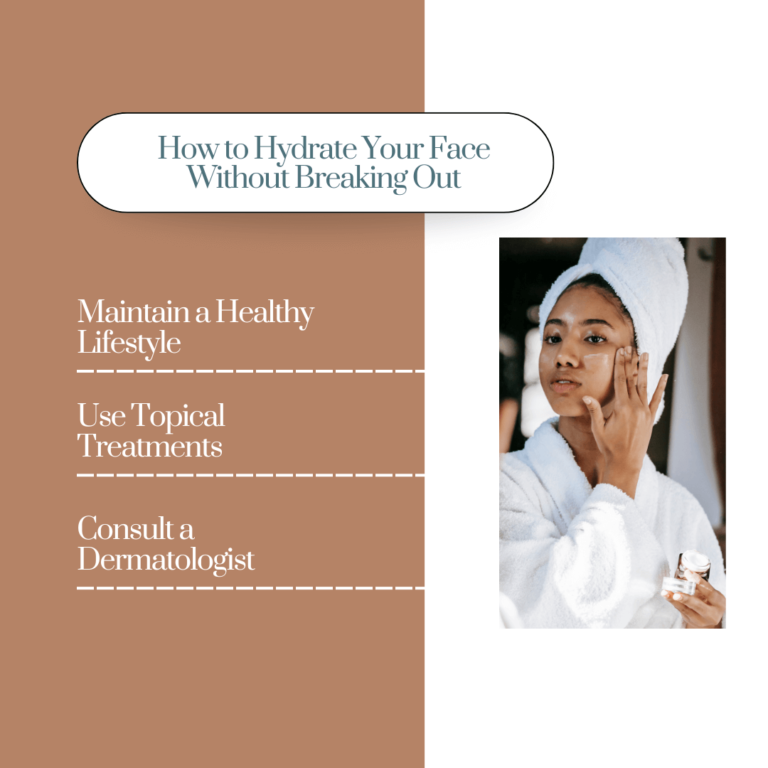Avocado oil is unique properties and benefits have caught the attention of dermatologists and skincare enthusiasts alike. Avocado oil has been making waves in the skincare world, and for good reason. In this comprehensive guide, we’ll explore what research says about avocado oil, its benefits for the skin, how to use it effectively, and the potential side effects. Let’s dive into the world of avocado oil and discover why it’s a favorite in the realm of skincare.
Table of Contents
ToggleUnderstanding Avocado Oil: A Dermatologist’s Perspective
1. The Science Behind Avocado Oil
Avocado oil is gotten from the mash of the avocado organic product. It’s plentiful in unsaturated fats, nutrients, and cell reinforcements. These components are key to its effectiveness in skin care. Dermatologists point out that the oil’s composition closely resembles that of the natural oils in human skin, making it particularly beneficial.
2. Avocado Oil and Skin Health
A Dermatologist says oil’s richness in Vitamin E, an antioxidant, helps combat free radicals, which are responsible for premature aging and skin damage. Its anti-inflammatory properties also make it suitable for sensitive skin types.
The Allure of Avocado Oil: Skin Benefits Uncovered
1. Moisturizing Marvel
Avocado oil is an excellent moisturizer. Its hydrating properties can soothe dry, itchy skin, and even treat conditions like eczema and psoriasis.
2. Anti-Aging Ally
Rich in antioxidants, avocado oil helps reduce the appearance of fine lines and wrinkles, promoting a more youthful complexion.
3. Acne and Scar Treatment
Its anti-inflammatory properties can reduce redness and inflammation associated with acne. Regular use can also help in scar healing.
What research says about avocado oil for skin:
Avocado oil has gained popularity in skincare due to its numerous benefits, as highlighted by various studies and expert opinions. Here’s a detailed look at what research says about avocado oil for skin:
Hydration and Nourishment:
Avocado oil is celebrated for its deep moisturizing properties. It contains vitamins E and C, which, along with its fatty acids like oleic and linoleic acid, help in nourishing and hydrating the skin. This makes it particularly beneficial for treating dry skin conditions and improving overall skin hydration.
Anti-Aging Properties:
Studies suggest that the fatty acids and beta-carotene in avocado oil may enhance collagen synthesis. Antioxidants present in the oil also help neutralize free radicals, which are responsible for premature skin aging. This combination of effects contributes to reducing the appearance of fine lines and wrinkles, promoting a more youthful complexion.
Benefits for Acne and Sensitive Skin:
Avocado oil contains linoleic acid, which possesses antimicrobial properties, potentially inhibiting acne-causing bacteria. Its anti-inflammatory ingredients also help reduce inflammation that causes acne breakouts. Moreover, avocado oil’s hydrating properties make it a suitable choice for sensitive skin types, including conditions like eczema and psoriasis.
Skin Wound Healing:
The oil’s content of fatty acids, beta-carotene, lecithin, and vitamins A, C, D, and E contribute to the proliferative phase of wound healing. This indicates that avocado oil can support the growth of cells and the rebuilding of connective tissue, aiding in faster wound healing.
Lightening Skin and Reducing Dark Spots:
Avocado oil is also known for its potential to lighten the skin. The presence of vitamins like E and lecithin helps in achieving a brighter complexion and may reduce the appearance of dark spots or pigmentation.
Application Methods and Precautions:
Avocado oil can be used in various ways, such as a facial moisturizer, in nighttime treatments, as a massage oil, or in DIY face masks. However, it’s important to be aware of potential allergic reactions and to choose high-quality, cold-pressed avocado oil for maximum benefits. Individuals with oily or acne-prone skin should use it cautiously to avoid clogged pores or breakouts.
Incorporating Avocado Oil in Your Skincare Routine
1. How to Apply Avocado Oil
Avocado oil can be used directly on the skin or mixed with other natural ingredients to enhance its effects. It’s best applied on damp skin to lock in moisture.
2. Creating Homemade Avocado Oil Blends
Mixing avocado oil with essential oils like lavender or tea tree can create powerful blends for various skin concerns.
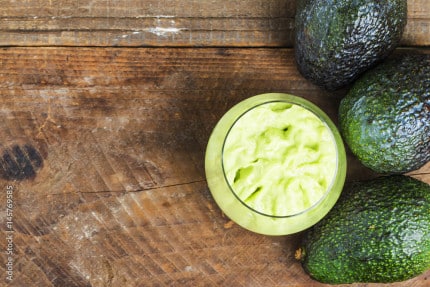
Adobe stock
How to use avocado oil for skin:
Avocado oil can be used in a variety of ways for skin care. Here are a few tips:
- Apply it directly to the skin as a moisturizer.
- Mix it with other oils or lotions to make a custom skin care product.
- Add a few drops to your bath water.
- Use it as a makeup remover.
- Apply it to the scalp to help reduce hair loss and promote hair growth.
Side effects of avocado oil for skin:
1. Allergic Reactions
While rare, some individuals might experience allergic reactions to avocado oil. It’s important to conduct a patch test before full application.
2. Overuse Issues
Excessive use can lead to clogged pores or breakouts, especially in oily skin types. Moderation is key.
Some Product of Avocado oil for skin:
1: NOW Solutions, Avocado Oil, 100% Pure Moisturizing Oil,
2: US Organic Avocado Oil Unrefined Virgin, USDA Certified Organic
3: TONYMOLY I’m Real Sheet Mask Collection
4: St. Ives Avocado And Honey Scrub Facial Cleanser – 6 Ounce
Conclusion:
Avocado oil is a versatile and effective ingredient for skin care, backed by both science and dermatologists. Its natural composition, combined with potent moisturizing and healing properties, makes it a valuable addition to any skincare routine. However, it’s important to be mindful of potential allergic reactions and use it in moderation.
FAQs about Avocado oil for skin
1. Can avocado oil be used daily?
Yes, avocado oil can be used daily. However, it’s important to see your skin’s response.
2. Is avocado oil suitable for all skin types?
Generally, yes. Avocado oil is suitable for most skin types, including sensitive skin. However, those with oily skin should use it sparingly.
3. How long does it take to see results from using avocado oil?
Results can vary, but with consistent use, improvements in skin hydration and texture can be noticed within a few weeks.
4. Can avocado oil help with acne scars?
Yes, the oil’s healing properties can aid in reducing the appearance of acne scars over time.
5. Is avocado oil safe to use around the eyes?
Yes, but it should be applied carefully and kept away from the actual eye to prevent irritation.


